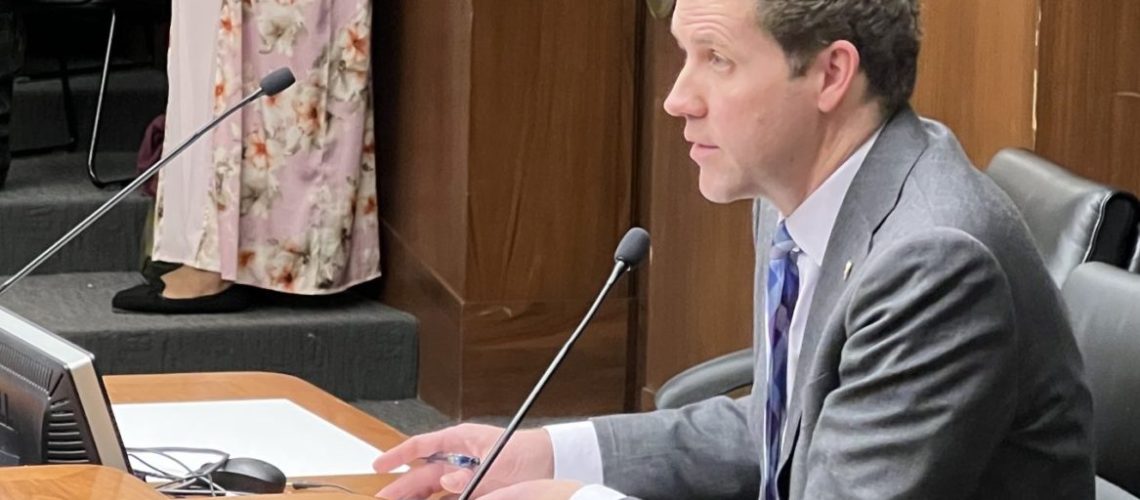The state’s new legislative body, now fully Democratic, is quickly moving bill HB7 through the legislature. The House is scheduled to vote on the bill today.
The State of Minnesota is quickly moving toward legislating 100% renewable electricity for the state by 2040. The bill, “100% Clean Energy Standard” – HB7, is due for the House of Representatives floor today – January 26 – according to the official schedule.
Per the bills, by 2030, Minnesota utilities would need to generate 80% of their electricity with carbon free sources. By 2035, 90% of their electricity would have to be carbon free, and 55% would need to come from renewables such as wind and solar. By 2040, the law would require 100% carbon-free electricity for the state.
The bill also states that “It is an energy goal of the state of Minnesota that, by 2030, ten percent of the retail electric sales in Minnesota be generated by solar energy.” The legislation will create a renewable energy credit program to financially motivate these installations.
On January 18, 2023, Jamie Long (image below), House Representative of Minnesota, tweeted that the bill had passed through the House Climate and Energy Finance and Policy Committee. The bill was passed by a vote of 10-6, along party lines.
Yesterday, January 25, the Senate voted to adopt the House version of the bill exactly as it was written; however, the article has not yet been transmitted to the Senate.
Long noted in a press release on the House website that Minnesota, “send(s) $13 billion out of state each year to buy energy. That’s 4% of our state GDP that could create jobs right here in Minnesota.”
The bill has two separate mandates for renewable versus carbon-free electricity. It defines wind and solar power as renewables, and defines hydroelectric, hydrogen, and biomass as carbon free. Nuclear power is referenced in the bill, too. It appears that nuclear power can be included as carbon-free energy, but only after various groups have voted on a resource plan to insure that is in the best interests of the general public.
The bill references the Inflation Reduction Act several times. The legislation gives permission to the legislatures to create financial incentives for domestic content, union labor, and brownfield areas that align with the language of the Inflation Reduction Act.
The state’s major utilities – Xcel Energy and Minnesota Power – have already “pledged” to be carbon free by 2050.
22 states and Washington DC have already pledged 100% clean electricity, energy, or net zero by various time frames from 2035 through 2050.
North Dakota’s governor and other top elected officials suggested that they would sue Minnesota if the legislation is passed. The state has suggested that it is possible the Minnesota laws would affect electricity generation in North Dakota. North Dakota generates significant revenue from fossil extraction.



